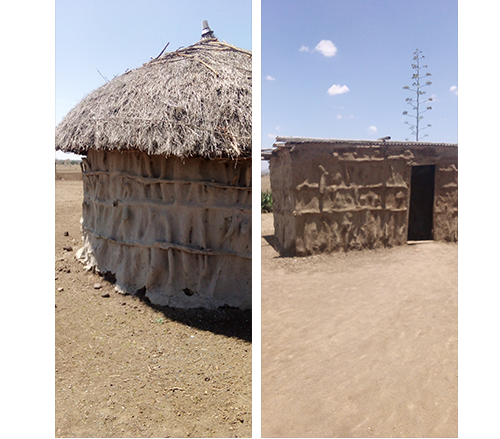



A glimpse of what we have achieved so far





In Maasai community, girls are always left behind in terms of educational attainment. This is because the Maasai culture prioritizes boys. This situation is worse for girls who are born into disadvantaged Maasai families, as girls are expected to marry at a young age - deferring educational attainment permanently.
Boys born in disadvantaged Maasai families also face hardship in their educational journey. For this reason, Nadumu Loshon Organization seeks to support disadvantaged Maasai girls (80%) and boys (20%) to get schooling materials such as uniforms, stationary, food, and solar light systems. Through this work, supported children will come back and use skills gained to reduce poverty of their families' future generations.

Due to climate change, drought in Tanzania is at an all-time high. As a result of this, food insecurity is growing. Maasai elders and widows depend on agro-pastoralism for their livelihoods. Therefore, addressing food insecurity is at the core of our work.
Often, Maasai elders and widows only eat one meal a day. For this reason, we support elders and widows by delivering food parcels. We make sure they receive the nutrients necessary to survive and gain strength. Our goal is to improve their health and help them to have three meals a day.
For this project to be sustainable, we support women's careers and grant business development training to women. Through this action, women receive the support needed to provide food for their communities while making profit. We bring the community together by building a Village Commercial Bank (VICOBA) whereby we give them a start-up loan with no interest. They use this money in a circular form to establish and run small businesses for their families’ income. Women can also use the start-up loan to care for livestock (cows, sheep and goat). This not only brings income to their family but also gives women independence and agency as they navigate the social-economic sphere.

Maasai live in a dry land whereby in most of their environment, there is no lake water. They depend on dam water which they share with their livestock and use for all domestic tasks. For instance, Nanja Dam in the Sepeko ward in Monduli is the main source of water for five villages, Arkatan, Mti Mmoja, Nanja, Lerpuko and Arkaria, and other far villages during the dry season. The dam has very dirty water, which is not recommended for human consumption. For this reason, we are supporting the surrounding communities to get tanks for rain water harvesting. This ensures the availability of clean water for domestic use.

As the elderly age, naturally, health issues increase. Disadvantaged Maasai elders sleep on cow skin without enough clothes for cold protection. For this reason, we support elders by sourcing beds and clothing. We also provide them with improved health insurance that can be used for services in the government hospital.

Improving housing
Maasai people live in mud huts with grass roofs for shelter. The houses need a lot of grass to be added on the roof yearly as a way to restrict water from penetrating through the roof into the hut during the rain season.
The construction of these huts is the work of women in Maasai community. Climate change has led to a shortage in rainfall and therefore access to grass has become challenging. Women are expected to gather grass for the roof of their houses. Therefore, due to this shortage of grass women need to walk for long distances to collect supplies. Houses with insufficient amounts of grass leads to leakage during the rainy season which leads to discomfort.
Unfortunately, elders can’t walk long distances and aren’t capable of carrying heavy loads. For this reason, Nadumu Loshon Organization constructs houses with iron sheet roofs for elders. These houses do not need grass to be collected and create less hassle for the residents.